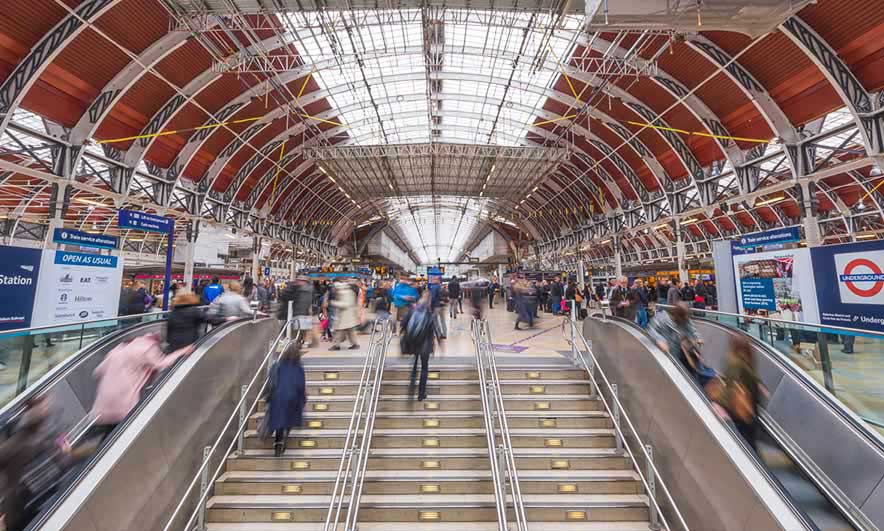UK rail timetable chaos reflects growth and dependence on commuter trains

If you are one of the many Brits who use the train to get to work then you are unlikely to have escaped the ongoing rail travel problems entirely and for once it's not the fault of the ageing infrastructure, an issue with signalling or even a strike. A timetable change restructuring 55% of Britain’s rail network was introduced on 20 May 2018. It was set out to be the greatest timetable change of this generation yet it has seen commuters across the country being affected by longer train journeys, disruptions and cancellations, and been in the headlines for the last 8 weeks.
As is typically the case, the root of the issues can't be pinned to just one single factor but rather a variety including:
- An 135% increase in passengers since 1994
Combined with train transport being more popular in Southern England, over half of the increase in passengers has been seen on just four networks. The increase has especially put a strain on rail transport in the South with London being hit the hardest. It's not as simple as just adding more rolling stock to the existing trains as platforms are too short to accommodate them. It means the only option is to implement more trains on the network. - Delays are worse on some lines
Statistically about 90% of all trains in London, the south east and wider regional services arrived within 5 minutes of the scheduled times. However, some companies have reported 15-20% of their services being delayed, making the commute harder for some passengers than others. It has also affected peak time services when people are heading to and from work, where the impact of even short delays can have a big effect. - Cancellations aren't spread evenly
Train cancellations are relatively low overall in the country. However, even a low percentage of cancellations can hit a lot of commuters. As with delays, as one-off it is an inconvenience but when the same trains are repeatedly cancelled, it can become more than just a frustration. The knock-on impact onto other trains, often already full of commuters, makes for uncomfortable travel.
- A short timeframe for delivery
According to Anthony Smith, of Transport Focus, one of the main issues with the time table change is that there has not been enough time from agreement to implementation of the new timetable. Whilst it had been scheduled for nearly two years, the final agreements with the unions and franchises was only finalised in the weeks running up to the change, leaving little time to train drivers and guards on the signals and routes.
The issues with the timetable change puts the focus on more than just current issues for commuters. It also shines a light on the ever increasing urbanisation and how that makes rail transport essential for the increasing number of workers. Whilst the franchise owners are working hard to return to a normal service, passenger levels will continue to grow and chances are, within our generation, we'll be having yet another 'biggest change' once more.